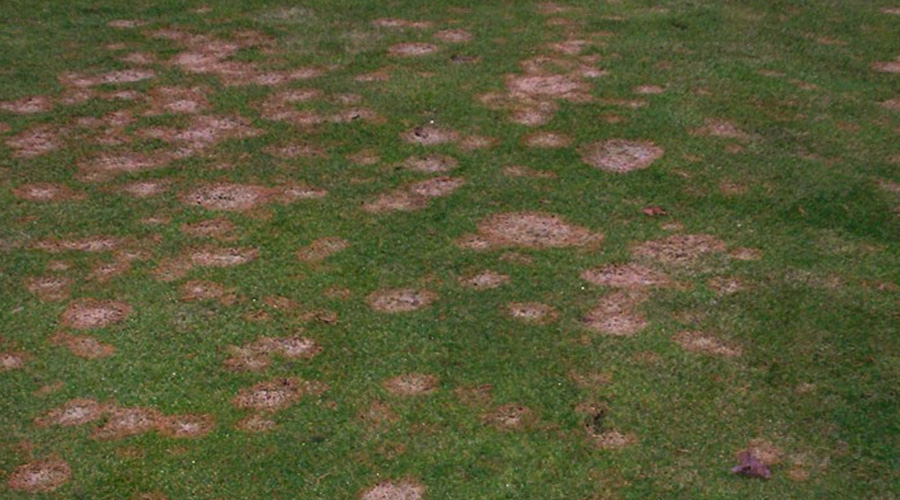Director of Maintenance Dives into Data for Making Decisions
Part two of a three-part article on fleet management
As managers strive to help their departments operate more productively and cost-effectively, they look for detailed information on all aspects of their operations in order to make smarter, better decisions. The basis for many of the changes Cavinee made to address the challenges facing his department came from its existing GPS system.
“It was completely underused,” he says. “It seemed like the previous administration had used it to know where their vehicles were, but they didn’t use it for route scheduling or to see why a guy might have driven all over the county.
“I found it to be a valuable tool to determine how much windshield time our staff was spending each day. The windshield time often occurred when there was not enough management of the work orders by foremen and leads. What we determined is that we needed to pull the amount of work orders back from staff and only provide them with work orders for each day or two at most.
“We focused the work orders that staff received to ones in certain geographical areas so as to limit the necessary travel time. Again, this created additional fuel savings due to less mileage and more hands-on work time. This added oversight focused the manpower in the right places. In one year’s time, we reduced fuel consumption in our fleet by approximately 25,000 gallons.”
The benefits to the department from the GPS data go beyond fuel use.
“Using the reporting and the data, we also could look at how many miles traveled by each vehicle,” Cavinee says. “The GPS sends me a report daily, and I can see how many vehicles traveled more than 50 miles in a day. I expect that with some vehicles that go to the west side of the county. We’ve considerably diminished this (long trips) in the other zones with better, smarter maintenance management through monitoring that data.”
The data enables Cavinee and his team to help technicians in the field work more efficiently.
“If they are idling in their vehicles, then we know if we need to talk with an employee and say, ‘Look, you’re burning gas. We don’t need you sitting in the truck idling for an hour while you’re doing paperwork or whatever,’ ” he says. “We can see if guys are leaving their vehicle running so they can have the radio on. It’s personnel management. It’s behavior modification.”
The data also supports the department’s efforts to streamline fleet maintenance to extend the performance lives of vehicles.
“When the guys get fuel, they have to punch in their mileage,” Cavinee says. “When they do, it (alerts) our transportation department, which monitors mileage on our vehicles. As a vehicle meets the different milestones, they pull it in for preventive maintenance. They’ll do some predictive maintenance as well, but if they see that something is likely to wear out before its next service, they’ll ask us to make those changes. That’s how we try to stay ahead of it.”
Related Topics:














